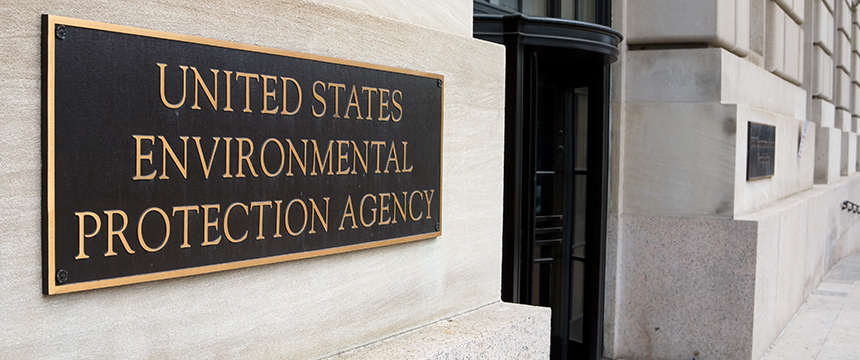
Initially enacted in 1980, the Superfund chemical excise taxes apply to the sale or use of certain chemicals and substances to fund a federal cleanup program for hazardous waste sites. While the initial tax program expired on December 31, 1995, the Superfund chemical excise taxes were reinstated by section 80201(c)(3) of the Infrastructure Investment and Jobs Act (Public Law 117-58, 135 Stat. 429 (2021)), effective July 1, 2022. The reinstated taxes contain different provisions and tax rates compared to the ones that expired in 1995 and apply to manufacturers, producers, or importers of taxable chemicals and importers of taxable substances. Section 4662(e) of the Internal Revenue Code (“IRC”) also provides for a refund for taxable chemicals and taxable substances that are exported.
Companies that sell or purchase products should review their contracts with an eye towards Superfund chemical excise taxes if those products contain “taxable chemicals” under section 4661 of the IRC or “taxable substances” under section 4671 of the IRC. Contract provisions to consider include:
- Does the contract address taxes in connection with manufacturing, producing, and importing goods and materials, including which party is responsible for such taxes?
- Is there any provision providing for reimbursement of taxes paid for tax burdens that cannot be shifted by contractual means?
- Is there any provision that addresses which party is entitled to a refund or reimbursement thereof with respect to Section 4662(e) of the IRC?
- Is the supplier required to disclose certain chemicals or substances that the product contains?
- Does the contract contain any representation or warranty that the product does not contain any chemicals or substances taxable under sections 4661 or 4671 of the IRC?
- Does the contract contain any representation, warranty, or covenant that applicable taxes on the product will have been paid by the supplier prior to delivery?
In addition to addressing compliance matters posed by the reinstatement of Superfund chemical excise taxes, addressing relevant contract provisions will be an important piece of the go-forward plan for any company impacted by the reinstated taxes.


